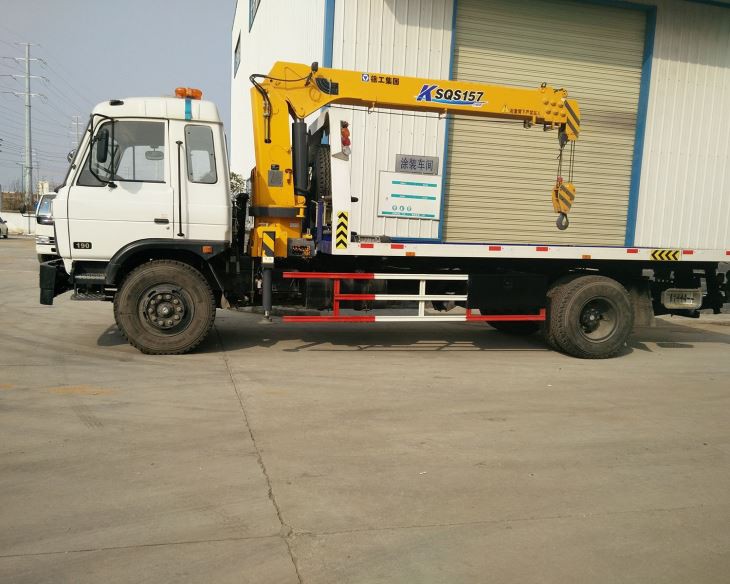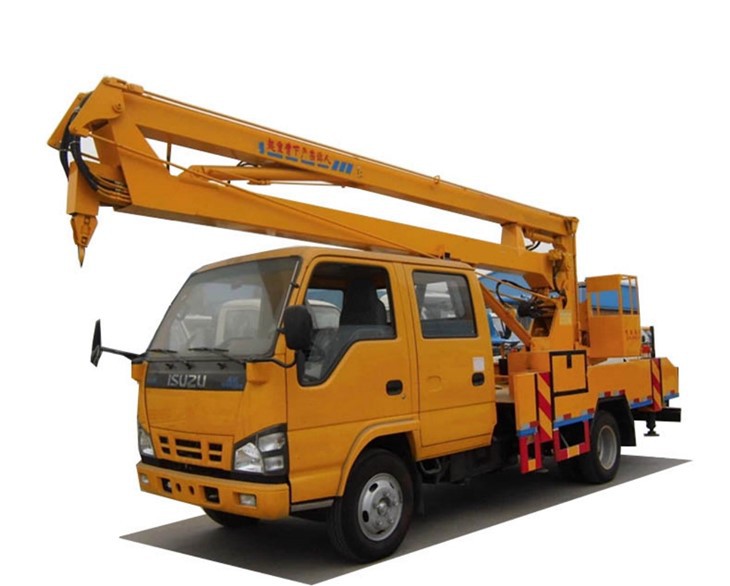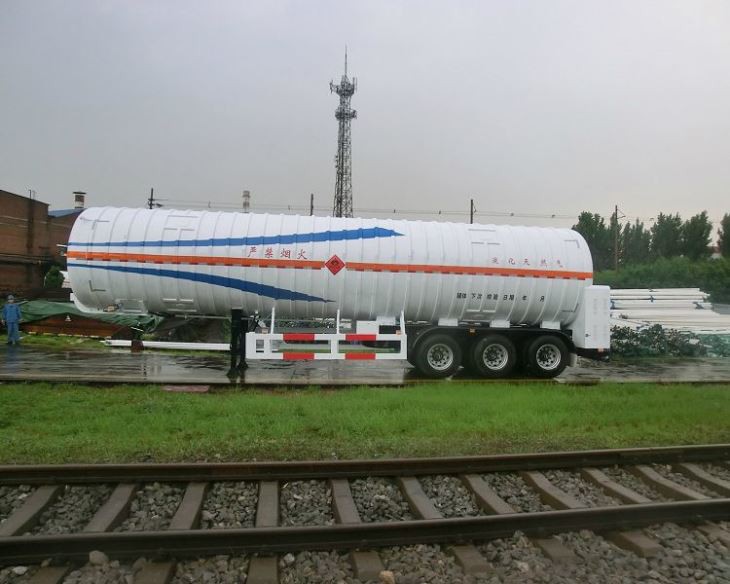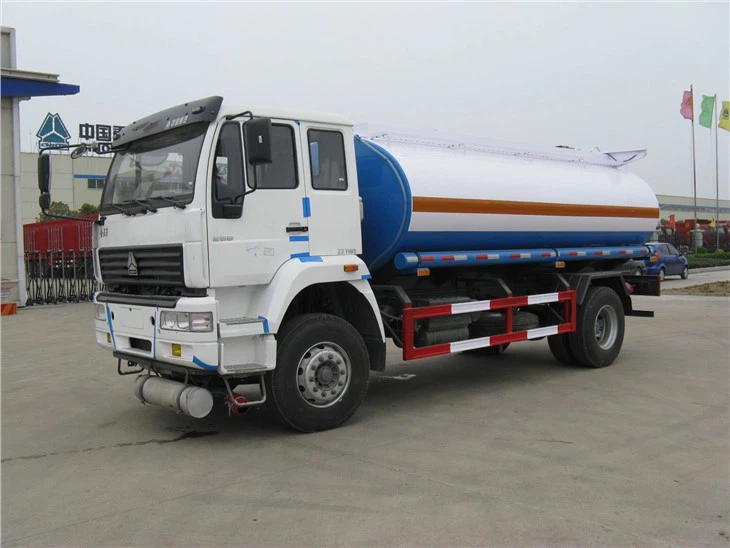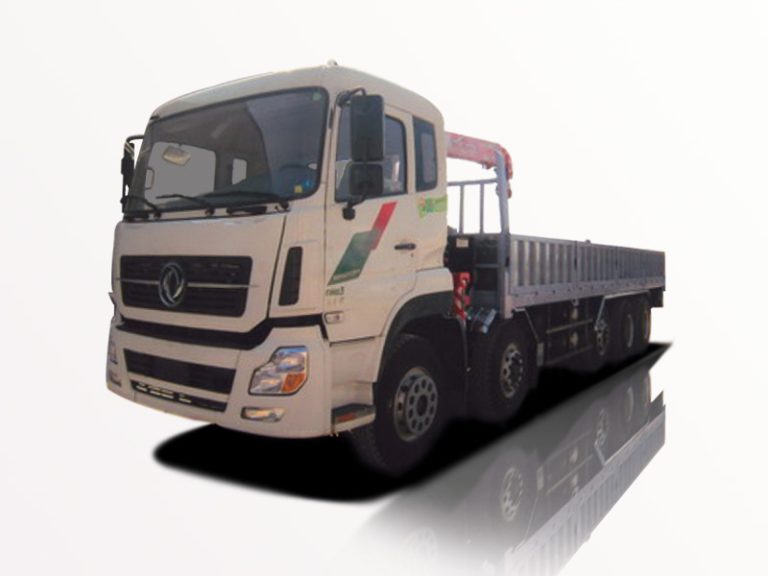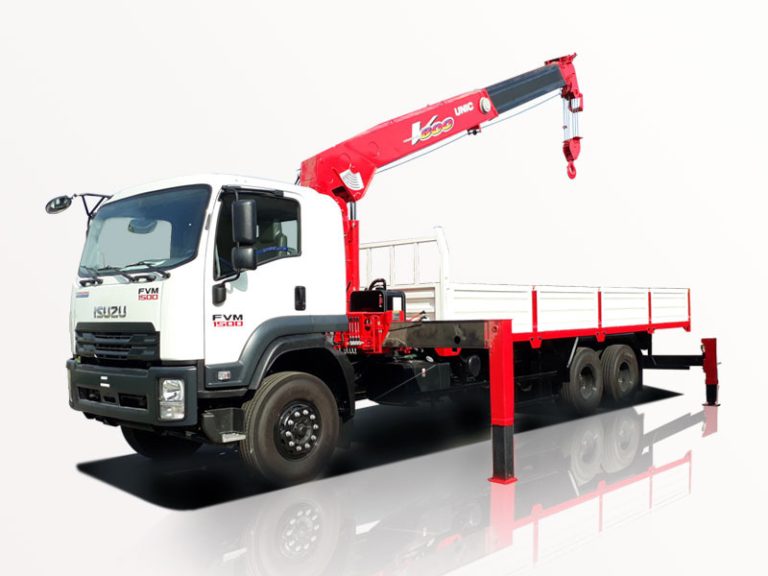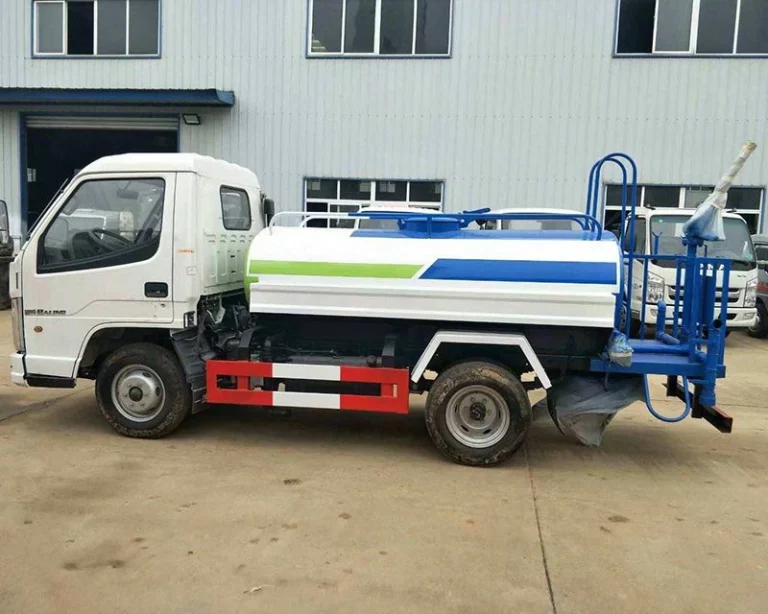Introduction
Vacuum septic trucks play an essential role in maintaining sanitation and proper waste management in residential and commercial settings. These specialized vehicles are designed to collect and transport liquid waste, primarily from septic tanks, grease traps, and other waste holding systems. Understanding how these trucks function, their applications, and maintenance requirements is crucial for those in the sanitation industry and homeowners alike. In this article, we will explore everything you need to know about vacuum septic trucks—from their operation to their maintenance and tips for efficient use.
The Functionality of Vacuum Septic Trucks
How Vacuum Septic Trucks Work
Vacuum septic trucks are equipped with a powerful vacuum pump that generates a negative pressure. This pressure pulls waste into a storage tank that is usually located at the rear of the vehicle. Once the tank is full, the truck can transport the sewage to a treatment facility or designated disposal site. Here are the components that make this process possible:
- Vacuum Pump: The heart of the vehicle, responsible for creating suction.
- Storage Tank: A large, enclosed space that holds collected waste; typically made of durable materials.
- Hoses and Fittings: Used for routing waste from the source to the storage tank.
- Discharge Mechanism: Allows for the safe disposal of the collected waste at the treatment site.
Types of Vacuum Septic Trucks
Vacuum septic trucks come in various configurations tailored for different needs. Here are a few common types:
- Standard Vacuum Trucks: Designed for general waste collection from septic tanks.
- Grease Trap Trucks: Specialized for collecting liquid waste from commercial kitchens and restaurants.
- Industrial Waste Trucks: Used in industries that generate hazardous waste, requiring special handling.
Applications of Vacuum Septic Trucks
Residential Use
Homeowners often require vacuum septic trucks for regular septic tank pumping to prevent overflow and ensure system efficiency. A typical septic tank should be pumped every 3-5 years, depending on usage and size.
Commercial Use
Businesses, especially those in food service, frequently need grease trap services to manage waste. Regular maintenance prevents blockages and ensures compliance with local regulations.
Construction Sites
In construction, especially in remote areas, vacuum trucks can manage waste in portable toilets. They ensure cleanliness and sanitation on-site, contributing to worker safety.
Benefits of Using Vacuum Septic Trucks
Efficiency in Waste Management
Vacuum septic trucks can quickly and effectively remove large volumes of waste. The suction capability allows for expedited collection, minimizing time and effort compared to manual methods.
Prevention of Environmental Hazards
By regularly transporting waste to appropriate disposal sites, vacuum trucks help prevent contamination of soil and groundwater, protecting the environment.
Cost-Effectiveness
Regular maintenance using vacuum septic trucks can save homeowners and businesses money in the long run by preventing costly repairs from neglected systems.
Maintenance of Vacuum Septic Trucks
Routine Maintenance Checklist
Proper maintenance is crucial for the longevity and functionality of vacuum septic trucks. Here’s a checklist to keep in mind:
- Check the vacuum pump for any leaks or damage.
- Inspect hoses and fittings for wear and tear.
- Ensure the storage tank is clean and free of corrosion.
- Test the discharge mechanism to guarantee proper function.
- Maintain the vehicle’s engine and tires to ensure safe transportation.
Common Repairs
While vacuum septic trucks are durable, wear and tear can occur. Common repairs include:
- Replacing damaged hoses.
- Repairing or replacing vacuum pumps.
- Addressing leaks in the storage tank.
Safety Tips for Operating Vacuum Septic Trucks
Personal Safety Equipment
Operators should always wear appropriate personal protective equipment (PPE), including gloves, masks, and safety goggles to protect against pathogens and hazardous materials.
Emergency Procedures
Develop clear emergency procedures in case of spills or equipment failure to ensure worker safety and environmental protection.
Training and Certification
Ensure that all operators are trained and certified in operating vacuum trucks, handling waste, and understanding local laws regarding waste disposal.
Regulations and Compliance
Local and National Regulations
Different regions have specific regulations governing the operation of vacuum septic trucks. Operators should familiarize themselves with their local laws regarding:
- Transportation of hazardous waste.
- Permit requirements for waste disposal sites.
- Environmental impact assessments.
Record Keeping
Maintain accurate records of waste collected, disposal sites used, and maintenance performed on trucks to ensure compliance with governmental regulations.
Cost Analysis of Vacuum Septic Trucks
Initial Investment
The cost of a new vacuum septic truck can vary widely based on size, capacity, and features. Typically, prices range from $100,000 to $300,000. For startups, purchasing a used truck can be a more economical option.
Operating Costs
Operating a vacuum truck involves several costs, including:
| Cost Type | Estimated Monthly Expense |
|---|---|
| Fuel | $1,000 – $2,000 |
| Maintenance | $500 – $1,000 |
| Insurance | $300 – $600 |
| Labor | $3,000 – $5,000 |
FAQs about Vacuum Septic Trucks
1. How often should I pump my septic tank?
It’s generally recommended to pump your septic tank every 3-5 years, depending on usage and the size of the tank.
2. Can vacuum septic trucks handle hazardous waste?
Yes, certain vacuum trucks are equipped to handle hazardous waste, but this requires specialized training and adherence to strict regulations.
3. What are the signs that my septic tank needs pumping?
Common signs include slow drains, odors around the septic area, and visible backups in the plumbing.
4. How do I choose a vacuum septic truck service?
Look for licensed professionals with experience, good reviews, and compliance with local regulations for waste management.
5. What maintenance do vacuum septic trucks require?
Routine checks on the vacuum pump, hoses, fittings, and storage tank, as well as regular maintenance on the vehicle itself, are essential.
6. What should I do in case of a septic overflow?
Immediately stop using water, contact a professional service, and follow local regulations for spill management.
